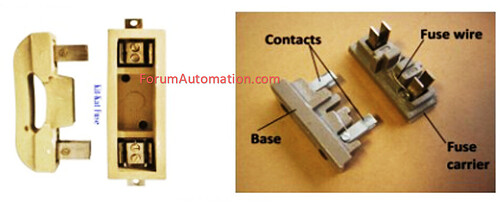Starting with the basics we do not live in a perfect environment and as a result, occurrences occur that endanger the smooth and ongoing operation of the electrical power facilities.
To ensure the safety of human health and well-being, as well as equipment, protection is the last line of defense from disturbances or defect.
Every protection is merely intended to clear defects and prevent or mitigate the effects of failures.
This is generally accomplished using a combination of components such as
• Circuit breakers,
• Disconnecting mechanisms,
• Power supplies (ideally DC) and
most important of all an intelligent electronic device, a relay, all working together.
When a relay detects an abnormal operating condition, it sends a trip signal to a circuit breaker (or) other disconnecting device to isolate the malfunctioning part of the circuit.
Some frequent characteristics of a good protection system include speed of operation, sensitivity, stability, dependability and discrimination.
Discrimination in protection systems is not as negative as we would perceive it in our daily lives but it is utilized to determine whether a relay can distinguish faults based on zones of protection & not trip healthy sections of the network.
This functionality of a relay is critical for maintaining stability & avoiding wide area blackouts.
You can also follow us on AutomationForum.co, Facebook and Linkedin to receive daily Instrumentation updates.
You can also follow us on ForumElectrical.com , Facebook and Linkedin to receive daily Electrical updates.
